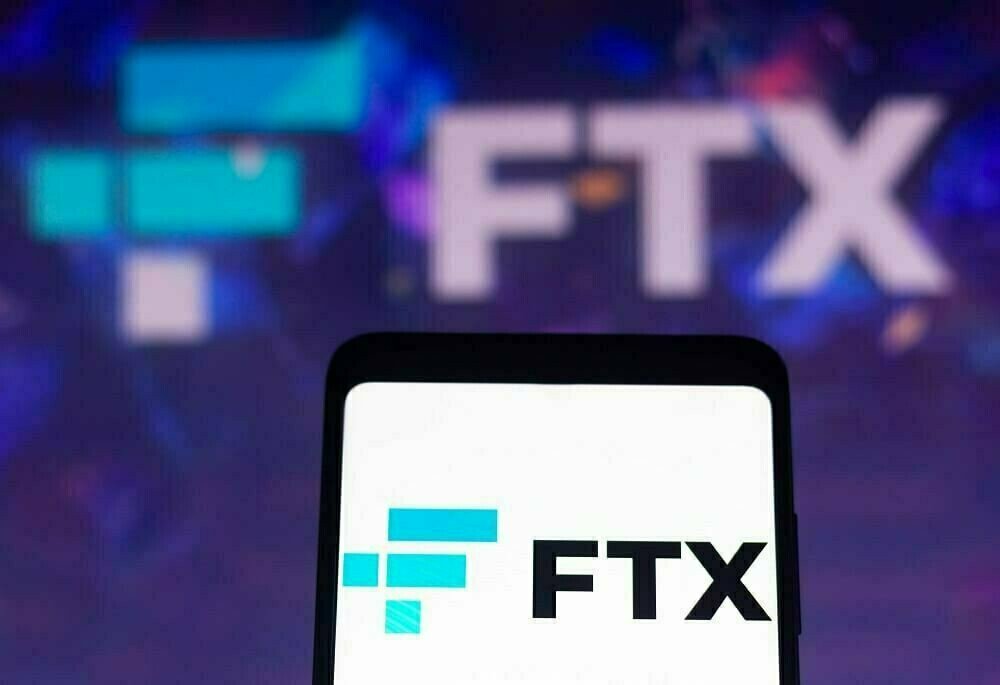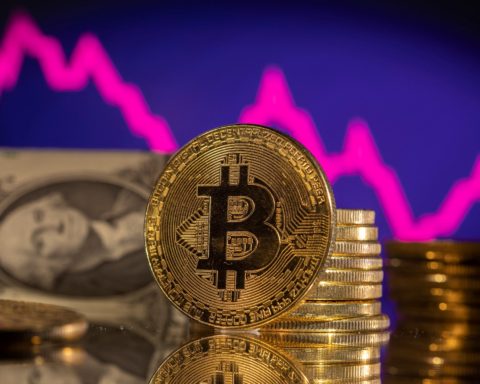Lawyers overseeing the FTX bankruptcy case are currently exploring potential offers that could eventually result in the revival of the troubled cryptocurrency exchange.
During an October 24th hearing at the United States Bankruptcy Court in Delaware, Kevin Cofsky, a restructuring and liability management specialist from Perella Weinberg Partners, revealed ongoing negotiations with several interested parties looking to acquire the company.
Cofsky informed Judge John Dorsey that, among the initial 70 inquiries, three final buyers have emerged. However, the precise structure of the sale and the nature of the exchange post-sale remain unclear.
The prospect of resurrecting the FTX brand faces significant challenges due to the severe damage it has suffered in terms of reputation. Experts in the cryptocurrency industry express skepticism about the feasibility of a simple reboot of FTX.
Debra Nita, a senior crypto public relations strategist at YAP Global, opined that FTX’s brand may be too damaged to recover fully.
She highlighted factors such as the extent of the scandal, the state of business operations during the downfall, and the response post-failure as critical determinants of a brand’s ability to recover.
With millions of customers suffering financial losses and former CEO Sam Bankman-Fried found guilty of fraud, FTX’s situation is dire.
Historical examples of financial misconduct by exchanges show that rebuilding investor trust is exceptionally challenging.
READ MORE: FTX Seeks Court Approval to Sell $744 Million in Trust Assets Amid Bankruptcy Proceedings
Some companies, like Enron, MF Global, and Mt. Gox, faced such profound failures that recovery was nearly impossible due to the extent of the damage.
In contrast, companies like Wells Fargo, which faced a major scandal in 2016, were able to recover their reputation by taking swift corrective action, reimbursing affected customers, and implementing internal ethics procedures.
Bitfinex, a cryptocurrency exchange that lost a significant amount of Bitcoin in a 2016 hack, managed to recover by taking decisive action and implementing a haircut on customer accounts.
Regarding FTX’s potential relaunch, Cofsky mentioned various possibilities, including acquiring legacy exchange assets, forming partnerships, or selling the customer database to another exchange while abandoning the FTX brand.
Preserving the anonymity of FTX customers is a contentious issue being debated in court. Katie Townsend, representing the Reporters Committee for Freedom of the Press, argued for public disclosure of affected customer names, while Cofsky contended that such disclosure would jeopardize the sale.
The complexity of selling FTX is underscored by challenges such as ascertaining whether customers would want to trade on a revived FTX and the difficulty of converting the inactive customer database back into active users.
Given the historical difficulties faced by compromised exchanges, successfully relaunching FTX appears to be a formidable task.
Discover the Crypto Intelligence Blockchain Council




